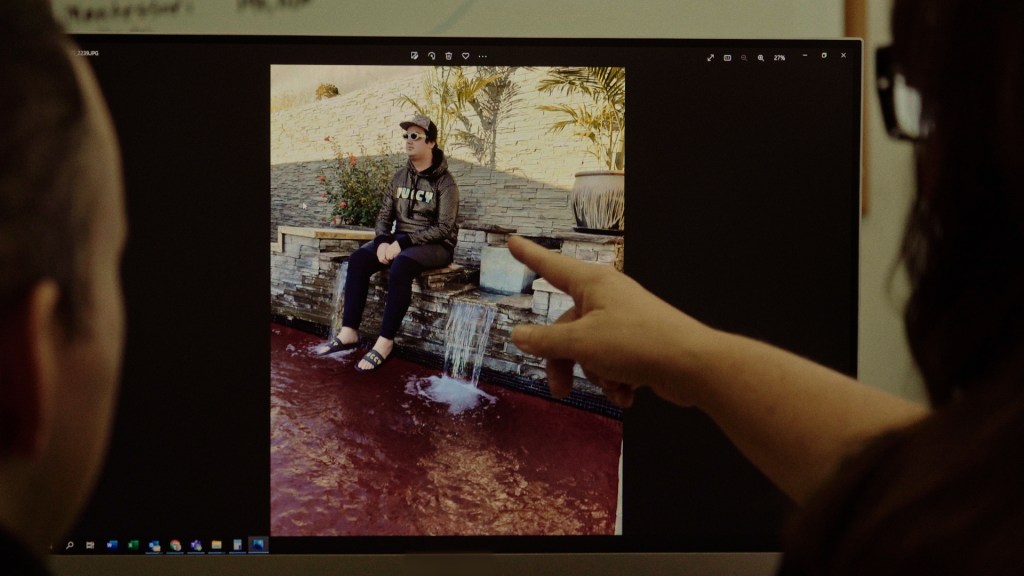Imagine a future where the cities we live in are built in accordance with nature, where buildings are designed to incorporate features from ecological systems without compromising technological innovation or the quality of the environment. If it sounds like wishful thinking – or science fiction – have a look at what Mitchell Joachim is brewing at the architecture and urban think tank Terreform ONE / Planetary ONE. Based in Brooklyn, New York, it’s the first architectural office that works in tandem with a biology laboratory, uniting an ambitious group of architects, synthetic biologists, and urban planners to bring a promising vision of the city quite literally to life.
On a planet of 7 billion, the resources we use and the waste we produce have never looked so costly. But Joachim – a TED fellow whom Wired once called “one of the 15 people the president should listen to” – doesn’t just see burdens. He sees opportunities for growth. Using both organic and synthetic materials, Joachim is convinced that someday a city like New York can turn its waste into a primary building material. One project imagines a 50-story skyscraper built out of a day of New York’s compacted waste. Other materials, from plastics to mushrooms to metals to meat can be “upscaled” into other uses, like scaffolding, windows, joints and insulation.
Videos by VICE
Joachim wants to extend this vision across his native city too: with nods to sci-fi and the Utopian ideals of earlier architectural movements, he imagines a future Brooklyn where the existing infrastructure becomes a scaffold for an array of organic and inorganic architectural systems, completely flipping the way we use our air, mobility, energy, food, water, and economies, to create a self-sufficient urban organism. “The city center here becomes the spectacle of ultrastructure where we don’t celebrate skyscrapers and cathedrals but where we celebrate the water works and the energy works that makes the city breathe and live,” he says. “These moments that keep the blood flowing.”
As the world’s first suburb turns 60 just a few miles away in New Jersey, Joachim and his upstart team are looking forward to burying that idea – along with the tired concepts of starchitecture and spectacle. From the waste of the past century, they’re picking up the useful pieces, adding in a few of their own, and completely upgrading the way we think about building the places we call home.
By Alex Pasternack
Think you can save the world? Try us. Consider submitting your own breakthrough idea for the chance to win one of five $1000 prizes to make your project a reality. Submit here



